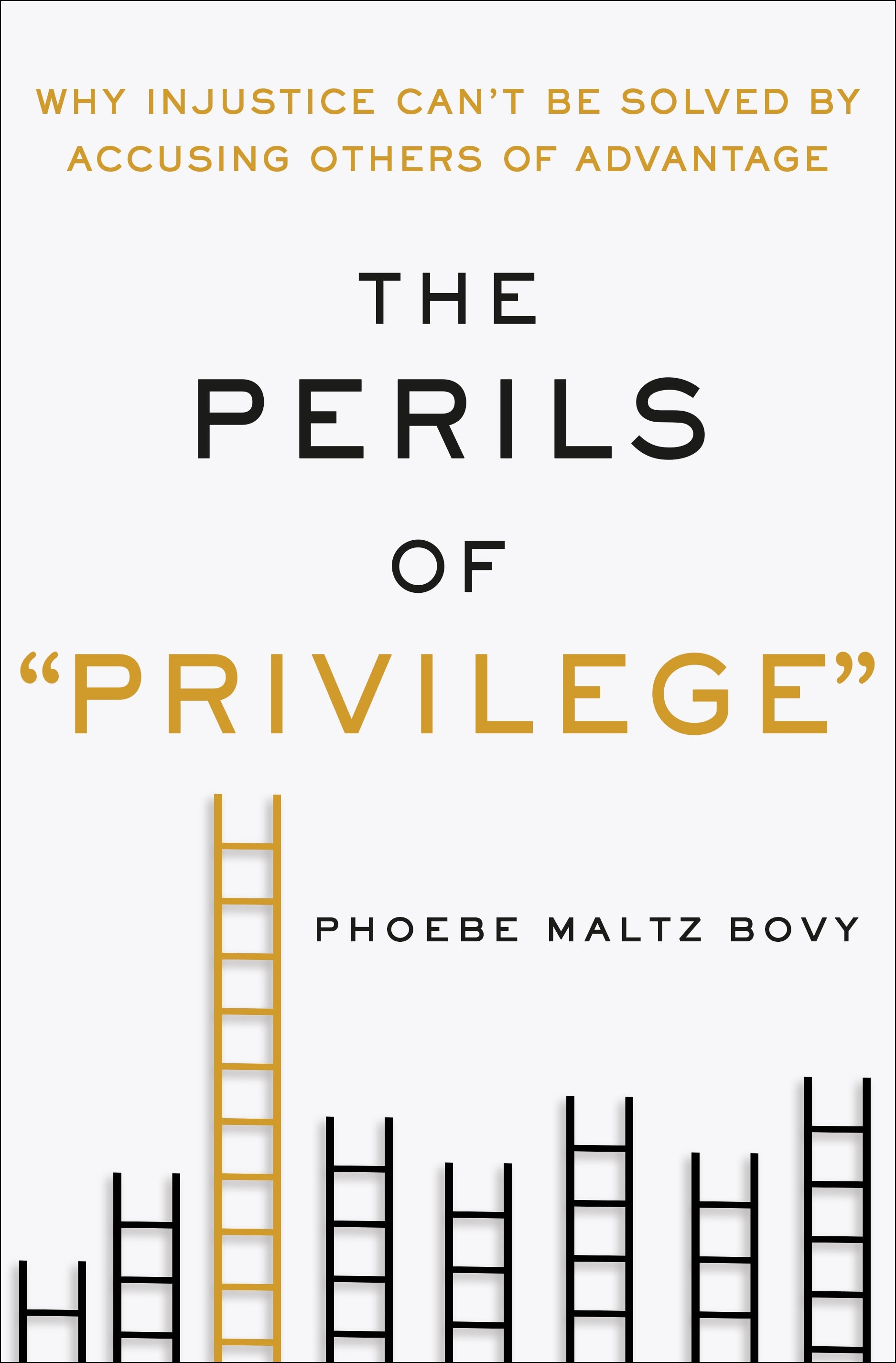What do you think?
Rate this book


336 pages, Hardcover
First published March 14, 2017
"On this much, the privilege framework is accurate: Society has hierarchies, and some categories of people are - all things equal - luckier than others. Those who deny that "privilege" exists in those broad, sweeping areas where you need your head rather deep in the sand not to have noticed [...] need not so much a privilege check as an introduction to reality.
The trouble is that those hierarchies don't explain all injustice, and that they don't always correspond to the hierarchies that "count" according to the privilege framework."
"According to news reports, Japanese observers were partly baffled, but also annoyed at having their plight, not so much appropriated, as invented by other East Asians. Can Chinese Americans by offended on behalf of Japanese people who, when consulted, are not actually offended?
Yet a further, ignored, angle is the question of whether it's offensive (or even inaccurate) to suggest that Japanese people are somehow underdogs with respect to white Americans in the twenty-first century.
The appropriation discussion is thus a microcosm of the privilege critique more generally. Despite being ostensibly about social justice, it ends up reinforcing and maybe even inventing hierarchies."
Does getting it mean getting that the world is an unfair place, or does it mean getting why oe must use "privilege" to convey this? Either way, the privilege-explainer social-media post is a genre in its own right, and is often designed to go viral.